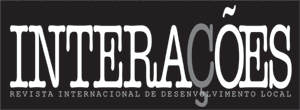Abstract:
The Bolsa Família Program (PBF) has several effects on the population with social risks and vulnerabilities, mainly in relation to food, education, and health. The objective of this study was to identify dietary patterns of beneficiary families or not of PBF in São Paulo municipality, analyzing their association with levels of food insecurity (FI). The study included 150 families. Socioeconomic, demographic, anthropometric, and food consumption aspects were evaluated through validated questionnaires. The FI was evaluated by the Brazilian Food Insecurity Scale (BFIS). Food patterns were calculated using Cluster analysis. The association between FI and PBF with dietary patterns was tested using the Poisson regression model. Three dietary patterns were identified: restricted, healthy and traditional. The restricted pattern was associated with lower educational level, anemia history, moderate FI (MFI) or severe FI (SFI), and higher mean age. In the unadjusted and adjusted for age analysis, the families with MFI or SFI were respectively 55% and 57% more likely to adhere to a restricted pattern and 41% less likely to follow a healthy pattern. Having a healthy or traditional pattern was related to the origin of this population, revealing an important element within the SAN concept: food sovereignty.
Keywords:
public health; public policy; family income; eating habits; population in need

 Fonte:
Fonte: